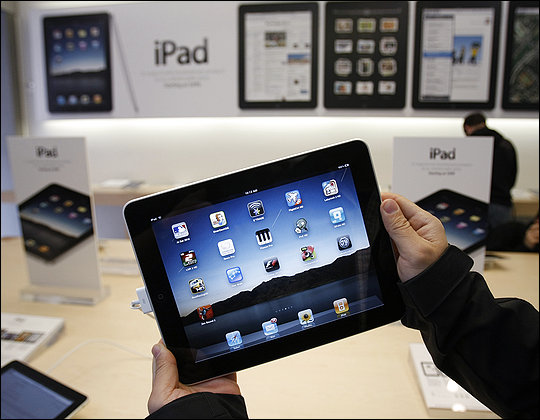The Era of Behavior
/ Tom Friedman's Op-Ed in the NYT's today was titled "A Question from Lydia". In it Tom addressed a question a 10 year old Greek girl wrote at the site of the Marfin Engatia Bank, which was firebombed a few weeks ago. The question was "In what kind of world will I grow up?". Tom answered, "that's a good question Lydia", and I agree. Good news is that world is changing to a place with great potential for not tolerating such bad behavior.
Tom Friedman's Op-Ed in the NYT's today was titled "A Question from Lydia". In it Tom addressed a question a 10 year old Greek girl wrote at the site of the Marfin Engatia Bank, which was firebombed a few weeks ago. The question was "In what kind of world will I grow up?". Tom answered, "that's a good question Lydia", and I agree. Good news is that world is changing to a place with great potential for not tolerating such bad behavior.
My writing proposes that 6 degrees of change are increasingly emerging as the result of the revolution created by technology, global ism and demographic shifts:
1. Transparency modality becomes essential;
2. Traditional institutions vanish;
3. Orchestration strategy dominates;
4. Participation explodes;
5. Wealth increasingly is redistributed;and
6. Human conciousness profoundly evolves.
The increasing adoption of transparency as a requirement for doing things cannot be ignored or discounted. This will be driven by hyper-connectivity and a world where people's behaviors will not be able to be hidden.
This view is shared by thought leader Dov Seidman, and articulated in his recent book: How, Why How We Do Anything Means Evertyhing . As Tom mentions in his NYT Op-Ed:
When Greeks binge and rack up billions of euros of debt, Germans have to dig into their mattresses and bail them out because they are all connected in the European Union. Lost in Athens, felt in Berlin. Lost on Wall Street, felt in Iceland. Yes, such linkages have been around for years. But today so many more of us are just so much more deeply intertwined with each other and with the natural world. That is why Dov Seidman, the C.E.O. of LRN, which helps companies build ethical cultures, and author of the book “How,” argues that we are now in the “Era of Behavior.”
Of course, behavior always mattered. But today, notes Seidman, how each of us behaves, consumes, does business, builds or doesn’t build trust with others matters more than ever. Because each of us, each of our banks, each of our companies, now has the power to impact, for good or ill, so many more people’s lives through so many more channels — from day-trading to mortgage-lending to Twitter to Internet-enabled terrorism.
Watch Dov's lecture below. Dov calls this , "The Era of Behavior". After reviewing the book, I recommend it highly thanks to Tom's editorial.











